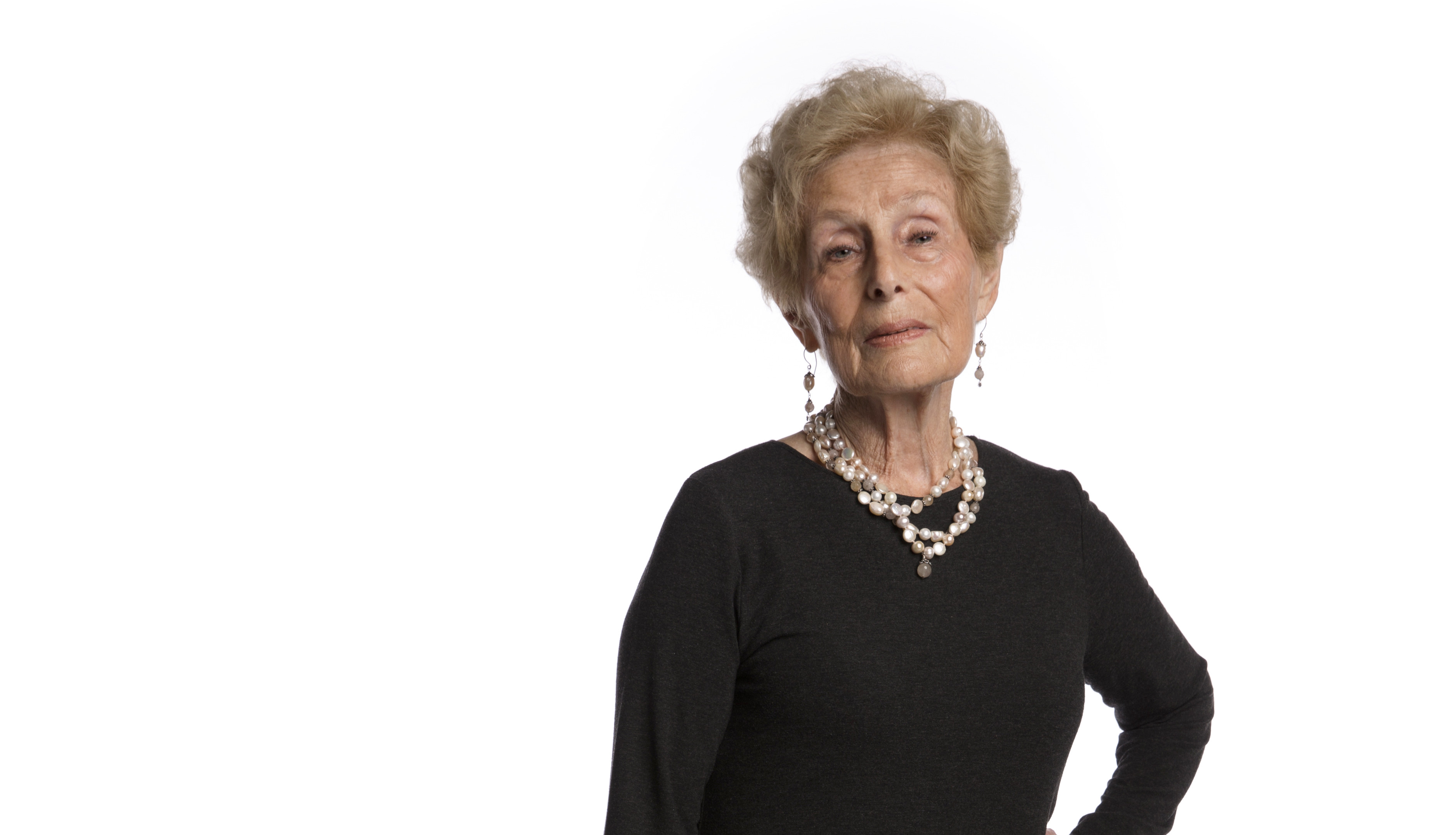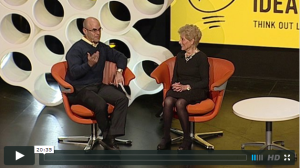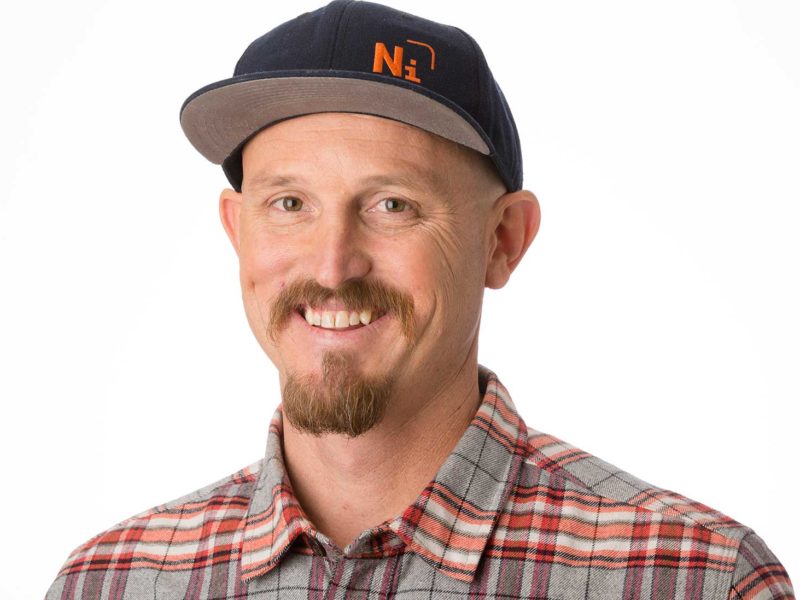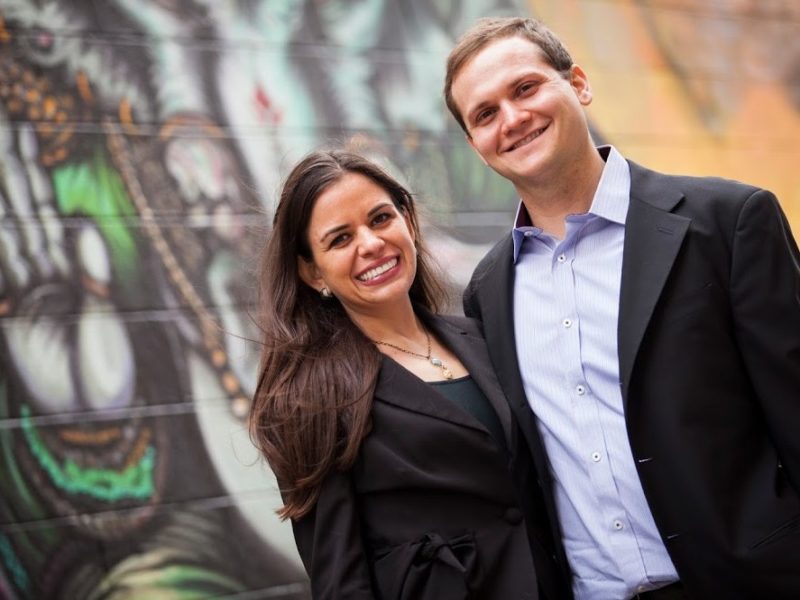
Holocaust Survivor Estelle Laughlin Asks Us to Remember Our Past
CIW 2013 Speaker Estelle Laughlin doesn’t believe Holocaust remembrance should be a single day. A Holocaust survivor herself, Laughlin travels the country to high schools, universities and other forums to use her powerful survival story to remind others not to stand as “bystanders” to history. When we caught up with Laughlin, she had just returned from an inter-faith conference at the University of Northern Colorado, where she reported she was “overwhelmed…by the number of people of all different faiths.”
 |
| At CIW 2013, Estelle Laughlin reminded the audience the importance of facing the hard truths of our shared histories. |
Tell us a little about your recent trip to Colorado. What was that experience like?
It was so nice to see a community speaking out against discrimination…. It was very touching to me especially because I represent a time and a people who were so completely isolated when we were in extermination camps. We had no idea whether the Allies were winning or losing. It was impossible to imagine that only a few rabbit hops away from us people were sailing on silver lakes and were meeting with families having dinners. We felt all so abandoned. I think that one loses sight of the fact that suffering needs recognition, and here I had the gift of such a large community voice that humanity and fellow man’s suffering was important to [recognize] which was a contrast to what was happening in Germany.
Why do you think it’s still important to get out there and tell your story?
I think as long as Darfur happens and as long as some people say that the Holocaust never happened, I feel that some aspect of the Holocaust is still with us. I feel that we are all left with a legacy, everyone, to understand that human beings are capable of great nobility but also capable of enormous cruelty…. I feel that the Holocaust is a subject that is so hard to listen to, so hard to talk about. But I think we need to be reminded from time to time what can happen to the conscience of a nation and what can happen to love and trust.
You wrote a book, Transcending Darkness, about your Holocaust experiences. Now you’re writing a fiction book about children in the Warsaw Ghetto. Can you tell us more about that book and your motivations for writing fiction?
[Writing a novel] gave me a little bit more freedom to explore…. I’m describing in my books the form that the black market [for food and other goods] took place in the Warsaw Ghetto. Many of the [smugglers] were no older than six or eight and were very clever. These children would remove books from the bottom of the wall [surrounding the ghetto] and sneak to the Christian side where food was much more plentiful. The book is about how the children adapted to the atrocities…and how clever they became….. In spite of it all, the miraculous thing about children is they remained children in their hearts. They held on to their inner selves and their imaginations.
What values would you most like people to remember on Holocaust Remembrance Day?
How sacred life is, how we must never be a bystander. How quickly a country can [change]—Germany was a democracy and within 30 years Hitler was in power. We all have a share in protecting [our country and values]. Particularly here in the United States, we represent the noblest of values: the security of each individual and the freedom of each individual.
Q&As are edited for length and clarity.




